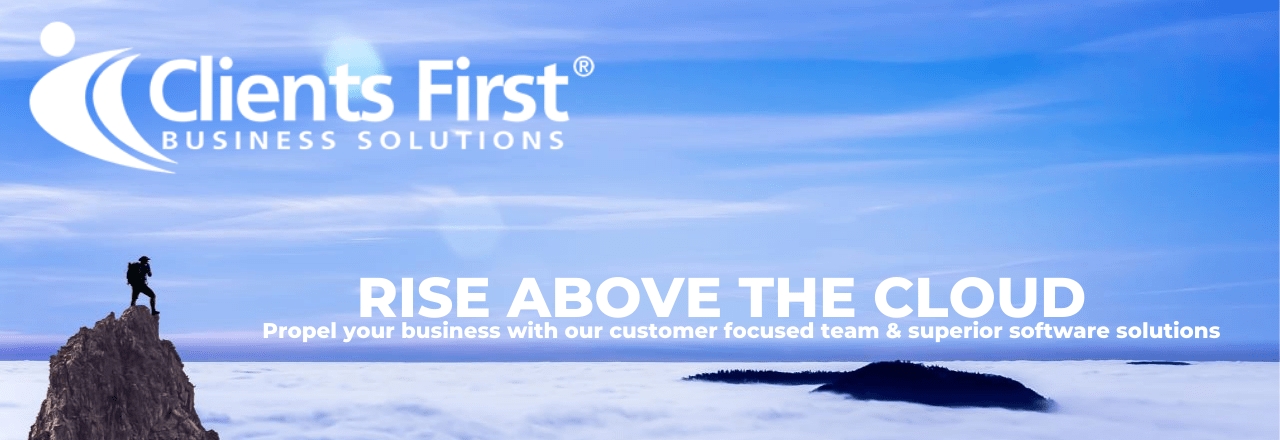What are Cloud-Based Servers?
Cloud-based servers consist of a pool of resources hosted on physical computer servers. These physical servers are owned and operated by a third party, such as Amazon Web Services or Microsoft Azure.
The physical servers are distributed geographically for robustness and are housed in secure, professionally-managed data centers.
Companies that use Cloud-based servers do not own or control the physical servers.
Typically, Cloud-based servers are shared with other companies, known as “tenants,” who are also using the servers.
Advantages of Cloud-based servers
There are many reasons to move to the cloud, some of which are:
- Companies do not need to purchase and maintain their own IT infrastructure
- Companies can access their Cloud-based servers from anywhere in the world where an Internet connection is available
- Servers can be deployed and configured instantly
- Resources can be scaled up or down on demand
What are On-Premise Servers?
On-premise servers, in contrast to Cloud-based servers, consist of physical servers that are hosted on company premises.
With on-premise servers, the company has sole ownership of and responsibility for maintaining the servers. Similarly, the company has sole ownership of and responsibility for maintaining the IT infrastructure needed to support the servers.
Advantages of On-Premise Servers
- Companies have full ownership and control over the servers and IT infrastructure
- Resources are not shared with any other companies
- Internet connection might not be needed
- Data is not stored with a third party
What are the Differences between Cloud-Based Servers and On-Premise Servers?
Before you choose a software for your business, it’s important to know the difference between cloud-based and on-premise solutions.
The most significant differences between Cloud-based and on-premise servers are the upfront costs of the servers and the continuing costs of operating them.
With Cloud-based servers, companies do not have to evaluate and purchase any expensive physical hardware. Rather, with a few clicks or command line entries, companies are able to spin up servers as needed. When the servers are no longer needed, they can be shut down and deleted.
Moreover, with Cloud-based servers, companies do not need to incur the significant costs related to building and managing their own complex data centers. Cloud-based servers are hosted in some of the most secure data centers in the world, and are managed by highly trained and experienced data center engineers.
Compared to Cloud-based servers, on-premise servers can be exorbitantly expensive to own and operate.
First, there is the upfront cost of the servers and other IT infrastructure, such as networking equipment and storage solutions. There is also the labor cost to install and configure the servers and IT infrastructure.
Second, when additional resources are needed, more servers and IT infrastructure need to be purchased. Unfortunately when the additional resources are no longer needed, the servers and IT infrastructure end up sitting idle and unused.
Third, companies that use on-premise hardware need to build out data centers with high security and robustness against natural disasters such as fires and earthquakes.
Fourth, if the company ever wants or needs to move to a new location, there is the cost of transporting the servers and IT infrastructure to the new location.
Which is More Expensive--Cloud-Based or On-Premise?
As illustrated above, in almost all cases, Cloud-based servers are significantly less expensive to own and operate than on-premise servers. In part, this is because:
- There is no need to make an upfront investment in physical servers and IT infrastructure
- There are no continuing costs to maintain the servers
- There is no need to build out a data center
Which is Best for your Company--Cloud-based or On-Premise?
The choice of whether your company should go with Cloud-based servers or on-premise servers depends on the specific needs and concerns of your company.
If your company wants to avoid the hassle of maintaining hardware, then Cloud-based servers probably make the most sense.
On the other hand, if your company is concerned about data being saved on servers that are outside of company control, then on-premise servers might be a better solution.
To help you decide which servers are best for your company, contact the experts at Clients First Business Solutions.
Contact Clients First today for a free consultation.
 Cloud-Based vs On-Premise: Comparing Costs & Benefits">
Cloud-Based vs On-Premise: Comparing Costs & Benefits">
